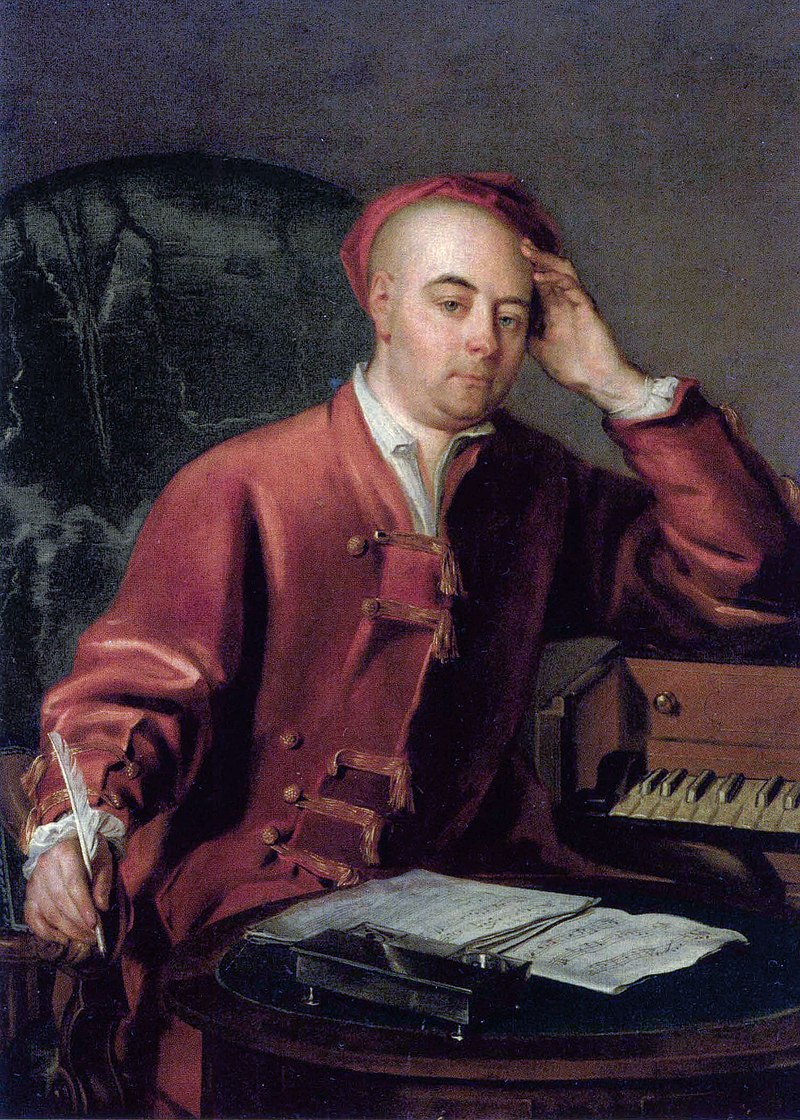
Rosemary Broadbent
Handel’s Messiah is so widely known and loved that it is easy to forget that it is just one of a
long series of dramatic oratorios, composed at the height of the composer’s powers.
We owe this great series of oratorios to increasing problems with Handel’s opera
enterprises, which had been the talk of London for many years. The establishment of a second opera
company in London – one supported by the King and one by the Prince of Wales, who were at
loggerheads – resulted within a few years in bankruptcy for both. Handel was also exercised by the
problem of securing work and income for his company during Lent, when dramatic performances
were forbidden. His inspired solution was to create works based on Biblical stories, performed in the
theatre but without acting or costume. How could the church object to that?
Naturally, the composer sought out the most dramatic stories from the Old Testament, so
we find battles and plagues and dramatic confrontations equal to anything in the Greek and Roman
history favoured by opera librettists. In place of acting and costume, the drama transfers into the
music, not only in solo arias but in magnificent choruses on a scale never attempted in opera at this
period. We have to look ahead at least fifty years to find such choruses on the stage.
We shall consider one early and one late oratorio, giving us the chance to appreciate the
development of Handel’s style over more than thirty years. Acis and Galatea (1718) is variously
described as a serenata, a ‘little opera’ and an oratorio, and it went through various revisions. It
became one of Handel’s most frequently performed works in his lifetime, although it is less often
heard today. In some ways it is a simple pastoral story derived from Dryden’s translation of Ovid, but
it is made extraordinary by the dramatic rôle of the chorus and the passion they convey. It is hard to
listen to the chorus Mourn, all ye Muses without catching your breath.
Jephtha was Handel’s last oratorio and dates from 1752. Here there is a whole family of
individual characters and the range of emotion depicted is wide and extraordinarily vivid. The
choruses and ensembles have a depth and complexity which strain at the limits of accepted Baroque
style. Throughout our discussions it will be interesting to reflect on the comparison of these works
with Messiah, and this all-too-familiar work will no doubt merge freshly illuminated.
One final sobering thought. Last Autumn the Cambridge University Opera Society cancelled a
planned production of a Handel’s oratorio Saul because its narrative of war, victory and celebration
was out-of-tune with the contemporary world situation. Should we then step back from Jephtha,
which also celebrates a victory in battle? No! because that is only half the story. The apparent victor
is emotionally destroyed by what he has done, his family is torn apart, and the greatest suffering is
visited upon the innocent. It bears a moral for our troubled times.
To sign up to the course please go to: https://mancent.org.uk/?page_id=5517